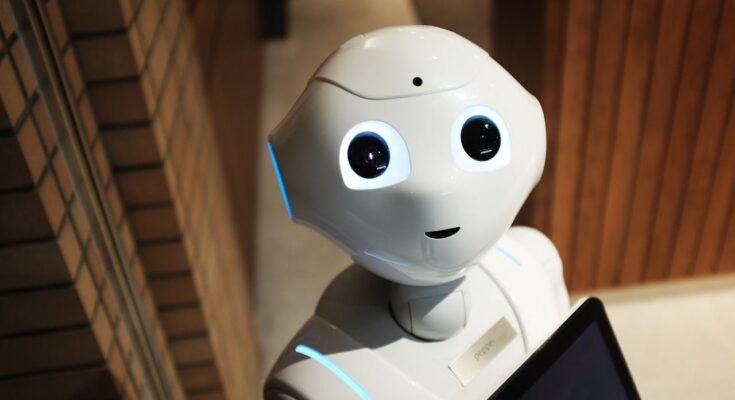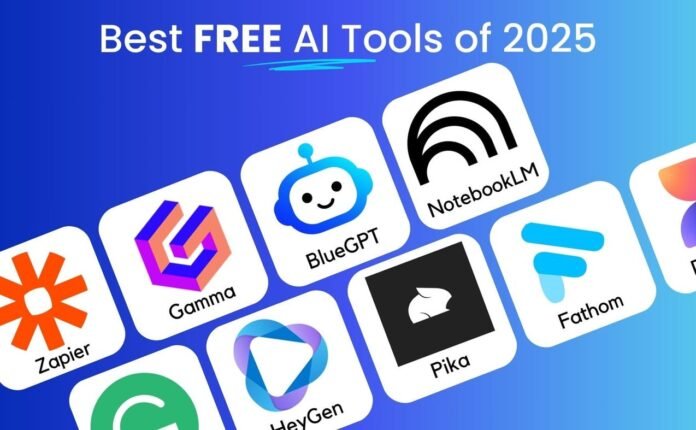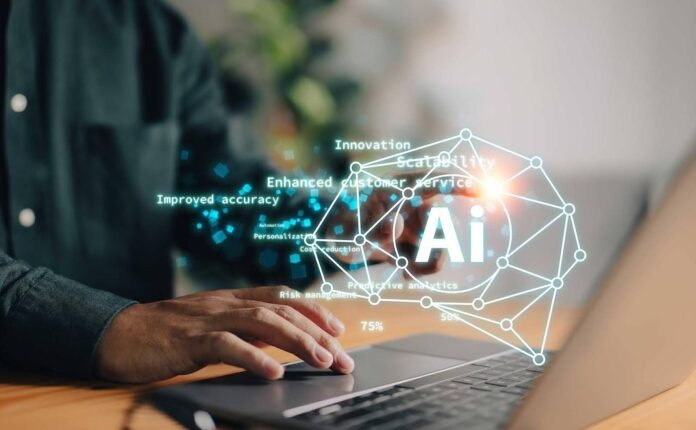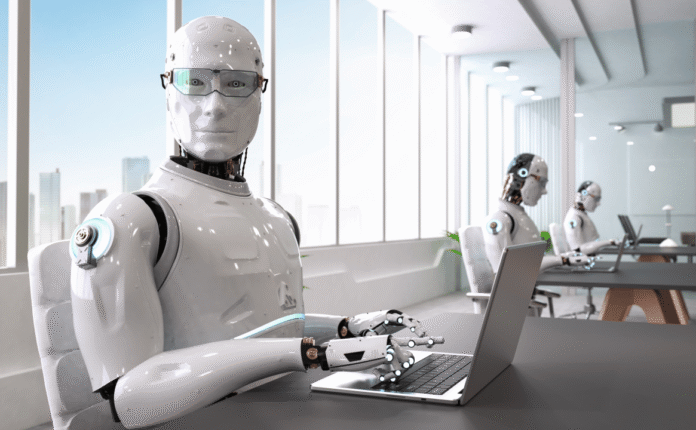While many industries today have developed technologically advanced solutions through artificial intelligence (AI), education is no different. As of 2025, AI software has officially gone from part of the evolution of how education will take shape in the future to part of the redesign of learning in the classroom or other learning environments. AI is reshaping education today in five important ways:
1. Personalization
On a Massive Scale Personalised learning has reached a level that can hardly be understood in earlier mindsets about education. AI, capable of processing unique learning habits by students, as well as the relative strengths and weaknesses of every student, all use advanced algorithms to deliver personalized content and pacing ordered by students’ choices. As adaptive learning systems become more sophisticated, they can increasingly tailor content in the moment, providing enriched materials for students who don’t need the review and just-in-time interventions for students who still need more time. As a byproduct of a rigorous student-centred approach across a growing number of students of all ages, this educational dynamic has significantly improved engagement, retention, and the achievement of above-average outcomes on assessments.
2. AI-Powered tutoring and assistance
In addition to traditional instruction, AI virtual tutors and assistants have begun supplementing the classroom 24/7, providing new ways for academics to be supported. In addition to answering questions, they can explain a difficult concept and give practice. AI assistants can assist millions of students at once, and there is no limit with AI-powered assistants and tutoring, unlike human tutoring. In 2025, these systems have also become useful in schools without adequate resources to support learners or geographies that have a shortage of qualified teachers to support learning improvement.
3. Automated Grading & Feedback
Educators are embracing AI to ease the burden of grading and administration. AI now evaluates assignments, quizzes, and even essays with impressive accuracy and generates immediate feedback for learners. This not only frees up hours but also means learners will receive quicker feedback to help them assess their progress. AI has improved, especially in the area of natural language processing (NLP), to assess subtleties of writing quality and argumentation.
4. Intelligent Content Creation
Another area of education transformed by AI is creating content. Some AI tools auto-generate quizzes and study guides, summarise long readings, and can translate a piece of content into several languages. These tools allow high-quality resources to be used more universally or make it easier for every instructor, researcher, and learner to create educational materials. Improvements in AI will allow educators to spend less time creating and more time teaching and mentoring while relying on the AI curation and cost-effective content customisation.
5. Greater Accessibility and Inclusion
AI technologies are lowering barriers for students with disabilities. AI speech recognition, real-time captioning, AI sign language translation, and tailored assistive tools are establishing more inclusive classrooms. This wave of technology supports students as they engage more fully and effectively in a learning environment—this is possible for each student regardless of physical and cognitive challenges.
6. Adaptive Testing and Assessments
Adaptive assessments are taking the place of standardised tests that were fixed in difficulty or did not change difficulty based upon student responses to test questions. AI can measure understanding better, minimise test anxiety, and help ensure fair testing.
7. Language Learning
AI-backed language tools can correct pronunciation in real-time, provide grammar checks, and suggest vocabulary in context. It will make the experience better and quicker than the traditional classroom process while providing personalised feedback and support.
8. Curriculum Development Support
Teachers are using AI to study educational trends, failures, student performance data, and over 20 years of research data to create a better curriculum. Teachers are creating more relevant, current, and engaging lesson plans.
9. Ethical and Responsible Learning
In 2025, AI systems will have a social, ethical learning framework that will help the student understand the social reality of technology. Schools are using AI to teach critical thinking and digital responsibility with core subjects.
10. Using Predictive Analytics to Enhance Student Success
Through scrutiny of the historical data points of engagement, test grades, attendance, etc., AI can highlight where students will end up academically. Educators can start to track at-risk students early and devise effective strategies to address these challenges before retention or graduation becomes an obstacle.
Final Thoughts
AI is not replacing educators; AI is empowering educators with tools to engage with students and enhance their teaching practice. As we move forward into 2025, the main question about artificial intelligence in education will be focused on how it might be thought of in terms of how it might integrate into and function within existing educational signposts, however with consideration of ethical approaches within the education ecosystem. Moving forward, all aspects of technology integration will involve a continued collaborative effort by technologists, educators, and educational policy-makers. One thing is clear: AI is not the future of education; it is now.
AI is no longer something we have to understand as a far distant reality; it is something we must live with today in the education sector. While we continue to wrestle with these technological and ethical challenges around privacy, equity, etc., our ability to create opportunities in learning (for students) and improved teaching pathways (for educators) is going to transform how we learn and teach. AI’s trajectory offers an experience that may better suit most students while taking the guesswork out of traditional methods, while incorporating more efficient practice in an inclusive capacity.



